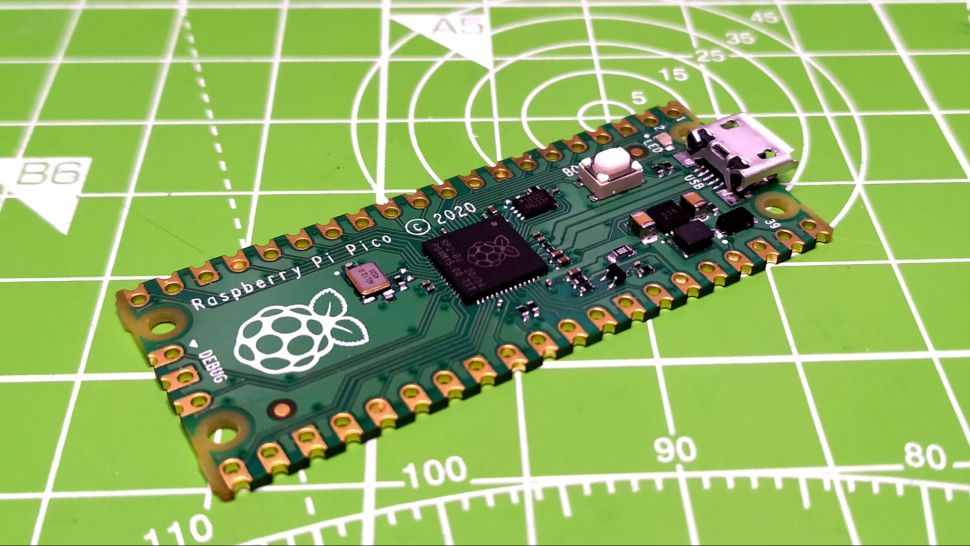The Raspberry Pi Pico's RP2040 has been certified for 200 MHz clock speeds, up from 133 MHz
Requires a regulator voltage of at least 1.15V.

The latest Pico-SDK includes many new features, including certification for 200 MHz clock speeds for the RP2040. Boards designed around the Raspberry Pi 2040 microcontroller can now officially be clocked at 200 MHz, up from the previous 133 MHz limit—an elevated clock speed yields faster processing speeds. The RP2040 can benefit significantly from higher frequencies if you're emulating retro systems or trying to run classical games like Doom.
The Pico SDK contains necessary libraries, headers, and files to program RP-series microcontrollers in C, C++, and Assembly languages. Support for higher clock speeds should trickle down to MicroPython sometime in the future. The SDK sets the clock speeds before your program enters the main() function. If you have not specified any clock speeds, the program will use the SYS_CLK_MHZ preprocessor macro. The default value of this macro has not been modified to ensure compatibility.
With the latest SDK, you can select a 200 MHz clock using preprocessor directives as "#define SYS_CLK_MHZ 200". The regulator voltage may increase if required. The release notes also tease potentially higher frequencies for different platforms in the future. To make your code future-proof, you can define the PICO_USE_FASTEST_SUPPORTED_CLOCK macro and set it to "1" using preprocessor directives or CMake.
We've published a guide with a small snippet of code written in MicroPython to show you how far your RP2040 can go. Depending on the quality of your silicon, most boards can easily hit 270 MHz with a pinch of manual overclocking. However, the latest SDK officially certifies all RP2040s to run reliably at 200 MHz, a significant step up from the previous 133 MHz limit.
Certification means that all chips should be able to hit the specified clock speeds, which involves thorough testing and validation by the chipmaker. In the PC space, AMD's Ryzen processors, even the budget non-X series, can typically be clocked higher than stock with PBO, but that depends on your setup and whether you've won the silicon lottery. With that in mind, we shouldn't call this new 200 MHz certification an "overclock," as that term typically refers to going beyond manufacturer specifications.
Get Tom's Hardware's best news and in-depth reviews, straight to your inbox.

Hassam Nasir is a die-hard hardware enthusiast with years of experience as a tech editor and writer, focusing on detailed CPU comparisons and general hardware news. When he’s not working, you’ll find him bending tubes for his ever-evolving custom water-loop gaming rig or benchmarking the latest CPUs and GPUs just for fun.
-
tanon ReplySupport for higher clock speeds should trickle down to MicroPython sometime in the future.
FYI, support for higher clock speeds has been available in Micropython for a long time now, with the machine.freq() function.
I wonder if this type of certification will carry over to the RP2350, which is capable of a stable 270MHz, by my most accounts.